Eligibility Criteria and Fee Structure for Diploma Fire and Safety Management
Fire and Safety Management is a specialized field that focuses on preventing, managing, and mitigating fire-related risks in various settings, including industrial facilities, commercial buildings, and residential areas. Pursuing a Diploma in Fire and Safety Management can provide you with the knowledge and skills necessary for a career in this critical field. In this article, we will explore the eligibility criteria and fee structure for this diploma program.
Diploma In Fire and Safety Management Eligibility Criteria
The eligibility criteria for admission to a Diploma in Fire and Safety Management program may vary slightly from one institution to another. However, there are common prerequisites that aspiring students should generally meet. Here are the key eligibility criteria:
1. Educational Qualifications: Candidates should have completed their 10th standard (SSC) or equivalent examination from a recognized board. A strong foundation in mathematics and science subjects may be beneficial, as they are often related to safety management principles.
2. Minimum Marks: Some institutions may have a minimum marks requirement in the 10th standard examination. The specific requirement can vary, but having a good academic record is typically recommended.
3. Age Limit: In most cases, there is no specific age limit for pursuing a Diploma in Fire and Safety Management. However, it's essential to verify with the specific institution you are interested in, as some institutes may have age restrictions.
4. Entrance Examinations: While not all institutions require entrance examinations, some may conduct them to assess the aptitude and knowledge of applicants. Students may need to qualify in these exams to secure admission.
5. Language Proficiency: Proficiency in the language of instruction (usually English) is important, as coursework and study materials are often in this language. Some institutions may require candidates to clear English proficiency tests like IELTS or TOEFL.
6. Specific Requirements: Depending on the institution, there may be additional requirements, such as physical fitness assessments or medical examinations to ensure candidates are fit for the demands of the field.
Diploma In Fire and Safety Management Fee Structure
The fee structure for a Diploma in Fire and Safety Management can vary widely based on several factors, including the institution, location, country, and program duration. Here's a general overview of what to expect:
1. Tuition Fees: Tuition fees are a significant component of the overall cost of the diploma program. These fees can vary considerably, with government-funded institutions often offering lower tuition fees for residents, while international students typically pay higher fees. Tuition fees can range from a few hundred dollars to several thousand dollars per semester or year.
2. Additional Fees: In addition to tuition fees, students may need to pay various additional fees, such as registration fees, library fees, examination fees, and laboratory fees. The specific fees and their amounts can vary depending on the institution's policies.
3. Safety Equipment and Gear: Students pursuing a diploma in Fire and Safety Management may need to purchase safety equipment and gear, such as fire-resistant clothing, helmets, and boots. These costs should be considered in the budget.
4. Field Training Expenses: Some programs may include field training, which may require students to travel to specific locations. Students may need to budget for travel, accommodation, and meal expenses associated with field training.
5. Books and Study Materials: The cost of textbooks, reference materials, and study aids is another expense to consider. Some institutions may provide these materials as part of the tuition fees, while others may require students to purchase them separately.
6. Certification Fees: Depending on the program, students may need to pay fees for certification exams or licenses required in the field of fire and safety management.
 2 Years
2 Years
 Diploma
Diploma
 Engineering
Engineering

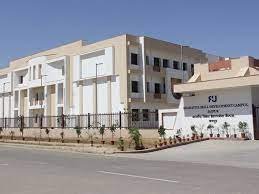
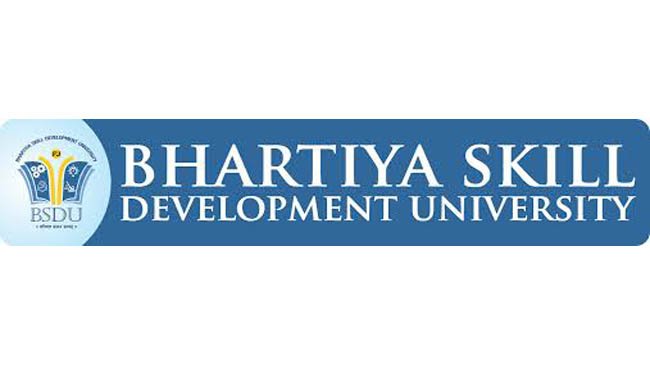
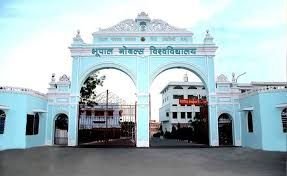

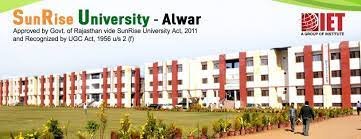
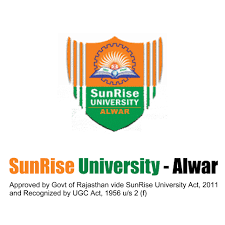
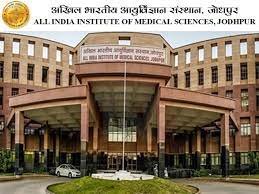

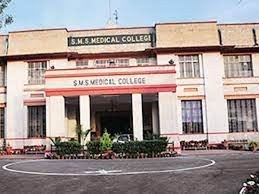
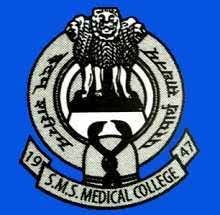

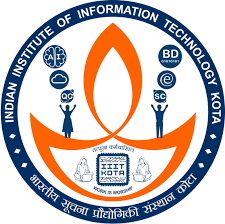

 back
back

